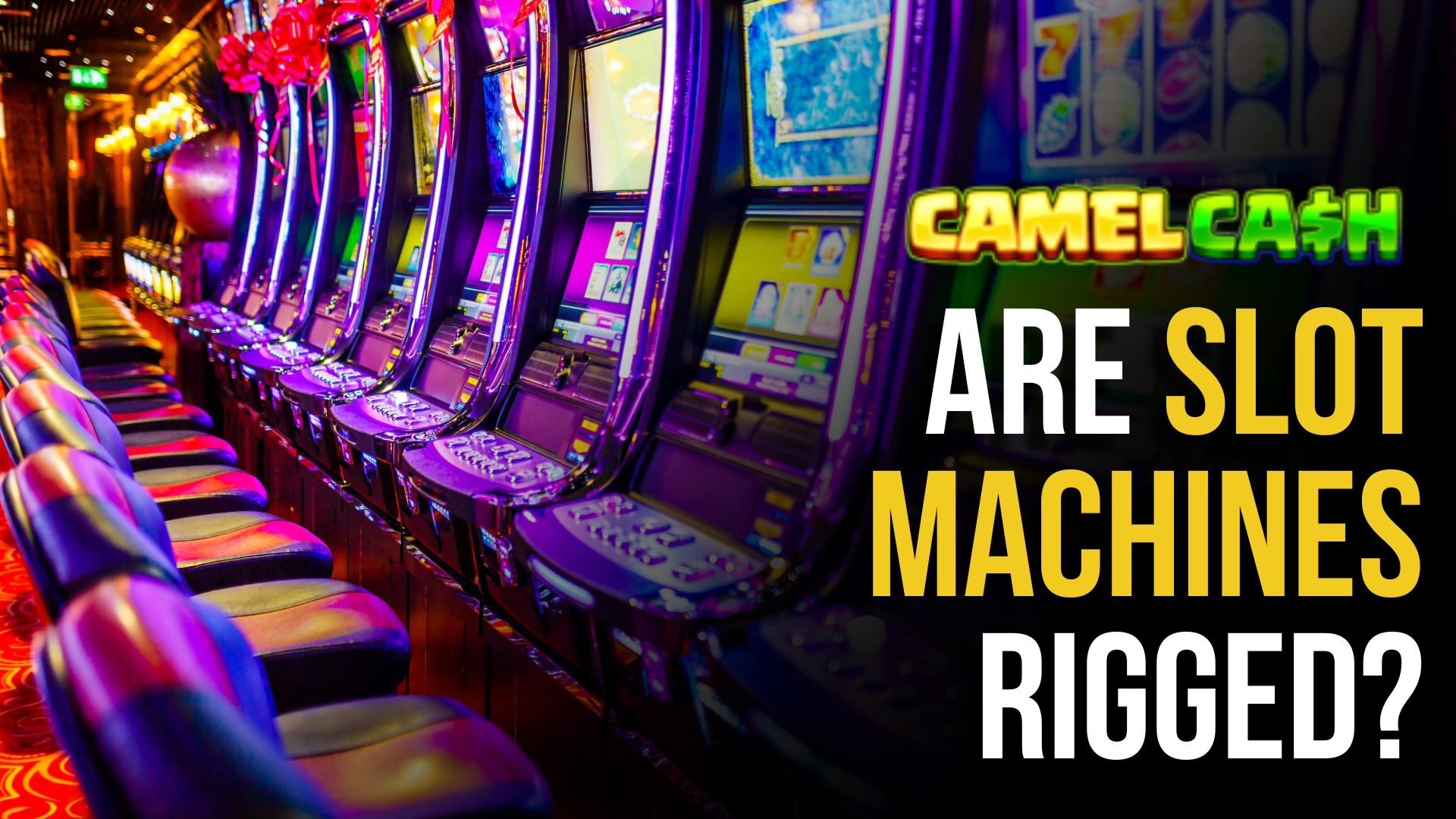Slot machines, the iconic symbols of casinos worldwide, have long captivated players with their flashing lights, enticing sounds, and promises of instant wealth. However, amid the thrill of the spinning reels and the rush of anticipation, players often wonder: Are Slot Machines Rigged? In this blog, we delve into the intricacies of slot machine mechanics, the role of randomness, and the regulations governing the industry to dispel common myths and shed light on the truth behind these popular games of chance.
Understanding Slot Machine Mechanics
At the heart of every slot machine lies a Random Number Generator (RNG), a sophisticated algorithm designed to generate unpredictable sequences of numbers at lightning speed. This RNG determines the outcome of each spin, ensuring that the results are entirely random and independent of previous spins. In essence, the RNG simulates the probabilities of a traditional deck of cards, with each reel symbol corresponding to a specific number or set of numbers.
Contrary to popular belief, slot machines do not have a memory, nor do they possess the ability to adjust their outcomes based on previous play. Each spin is a unique event, with the outcome determined by the RNG the moment the player hits the spin button or pulls the lever. This means that even if a machine has just paid out a jackpot, the odds of winning on the next spin remain the same.
The Role of Randomness
Randomness lies at the core of slot machine gameplay, ensuring fairness and unpredictability. While it may seem that certain machines are “hot” or “cold” based on recent payouts, these perceived patterns are merely the result of chance and statistical variance. Over time, the house edge, a built-in advantage for the casino, ensures that the odds are always in favor of the house, guaranteeing profitability in the long run.
Despite the mathematical certainty of the house edge, slot machines offer the allure of big wins and life-changing jackpots, drawing players in with the promise of riches. However, it’s essential to recognize that chance determines these outcomes, and no amount of skill or strategy can influence the results of a spin.
Regulatory Oversight
To ensure the integrity and fairness of slot machines, regulatory bodies oversee the gaming industry, enforcing strict standards and protocols. In the United States, for example, the Gaming Commission or Control Board in each state regulates casinos and gaming establishments, conducting audits and inspections to verify compliance with regulations.
One of the primary responsibilities of these regulatory bodies is to test and certify the RNGs used in slot machines to guarantee that they meet stringent standards of randomness and fairness. Additionally, casinos must display the payout percentages of their slot machines, known as the Return to Player (RTP) percentage, which indicates the average amount of money returned to players over time. This transparency allows players to make informed decisions about their gaming experience and understand the odds of winning.
Dispelling Common Myths
Despite the rigorous oversight and technological safeguards in place, myths and misconceptions about slot machines persist. One of the most prevalent myths is the belief that casinos can manipulate the outcomes of slot machines to control payouts and maximize profits. However, it’s important to note that this notion is unfounded, as regulatory authorities subject the RNGs used in slot machines to rigorous testing and certification to ensure fairness and randomness.
Another common myth is the idea that certain strategies or techniques can improve a player’s chances of winning on slot machines. While it’s true that understanding the mechanics and odds of different games can inform gameplay decisions, there is no foolproof strategy for beating slot machines. Ultimately, success in slot machine gaming relies on luck and chance, with no guaranteed way to predict or influence the outcome of each spin.
In conclusion, slot machines do not rig, but rather operate on the principles of randomness and probability. The use of RNGs ensures that each spin is independent and unpredictable, with no memory or bias toward previous outcomes. Regulatory oversight ensures that slot machines meet strict standards of fairness and transparency, providing players with a level playing field and the opportunity to enjoy the thrill of gaming responsibly.
While the allure of slot machines may be irresistible, it’s essential to approach them with a clear understanding of the odds and probabilities involved. By recognizing the role of randomness and dispelling common myths, players can enjoy slot machine gaming as a form of entertainment while embracing the uncertainty and excitement of the experience. So the next time you step onto the casino floor or log into your favorite online gaming site, remember that slot machines are not rigged – they’re just following the rules of chance.




